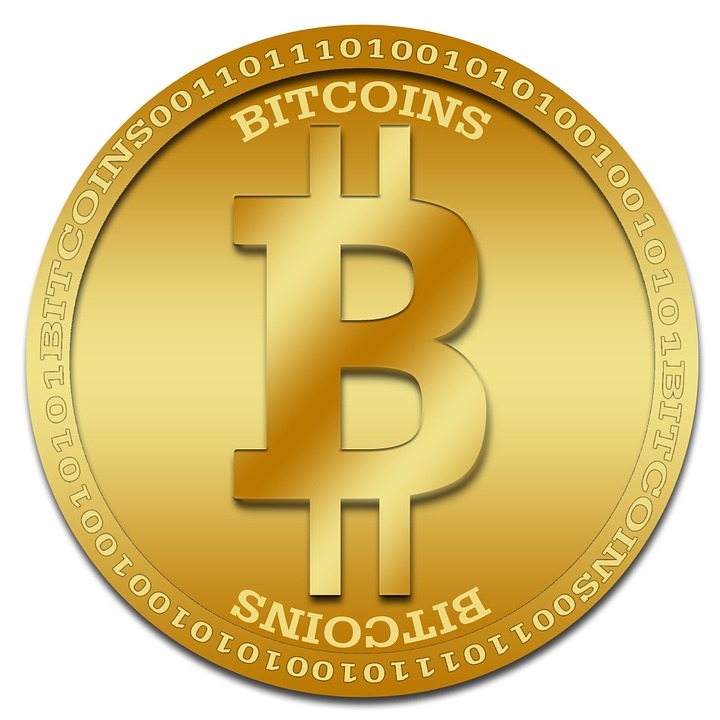Bitcoin in Korea: A get-rich-quick opportunity or another bubble?

BY JAE-HYUK LEE & MATTHEW FENNELL, ASIA SOCIETY KOREA STAFF WRITERS
As Bitcoin and other cryptocurrencies have dominated the news across the world of late, this new craze is none more so evident than in South Korea, where huge amounts of Bitcoin are traded daily. On a single day in December last year, 21% of the world’s Bitcoin buying and selling was carried out in Korean currency. So, how does a country of only 50 million people become the third-largest market in the world for Bitcoin trades, behind Japan and the United States?
South Korea is known for its technology and high-speed internet, so trading cryptocurrencies here is simple and quick. Many citizens were born into the digital generation and buying digital currencies is tempting as the huge price fluctuations offer a get-rich-quick opportunity.
There has long been a history of social class conflict in South Korea, known as the “spoon theory.” Children born into a rich family will inherit the privileges of their parents and grandparents, while offspring born with a less privileged background often find it difficult to overcome the succession of poverty. For a long time, wealth in Korea has been regarded as an inheritance rather than an achievement. Amid this social atmosphere, Bitcoin and other virtual currencies offer the opportunity for social mobility to all classes.
This urge to speculate on cryptocurrencies comes despite the great risks and volatility. The virtual currency market is open 24/7 with huge changes in the price happening suddenly and seemingly without warning. Last week, a comment from a government official about potentially banning the trading of Bitcoin saw the price of the coin drop by more than 50%. Despite all these risks, young Koreans are still taking the gamble and diving head first into the market, hoping to hit the jackpot. To get a greater understanding of why young Koreans are willing to take such risks, Asia Society Korea interviewed several young investors, including Mr. Kim, a graduate of Seoul National University:
Why did you start investing in virtual currency?
“I started investing in virtual currency after my colleague persuaded me. I was indifferent about it at first, but then I thought that I may never be able to buy my own house with my salary, so I thought now would be the ideal time to take a risk and hope for the best.”
What do you think about the premium that Koreans pay for Bitcoin?
“I think it is a natural occurrence caused by the interaction between supply and demand. However, I really don’t care too much about this as long as I can earn money.”
What are your thoughts on comments that Bitcoin is just another tulip bubble?
“I know that there are a lot of premiums and bubbles in the world of virtual currency. However, unlike tulips, virtual currencies were made with a monetary value in mind and these coins can function as a real currency. Therefore, I do not think cryptocurrencies will end up in the same way that the tulip bubble did.”
Are you for or against the upcoming regulations from the government, and why?
“I do agree, ultimately, with the idea of regulation, since there has been a lot of over-speculation. But before any regulation happens, I think the government needs to research more about blockchain technology and the virtual currency market. Regulation must take place step by step to prevent volatility and a subsequent backlash from the investors.”
With the Korean government preparing for new regulations, the cryptocurrency market is fluctuating dramatically. Young investors in Korea say that this is the only way they can emulate the rich, while others argue that the virtual currency market will never be able redistribute the wealth. For now, all we can do is wait to see what unfolds.